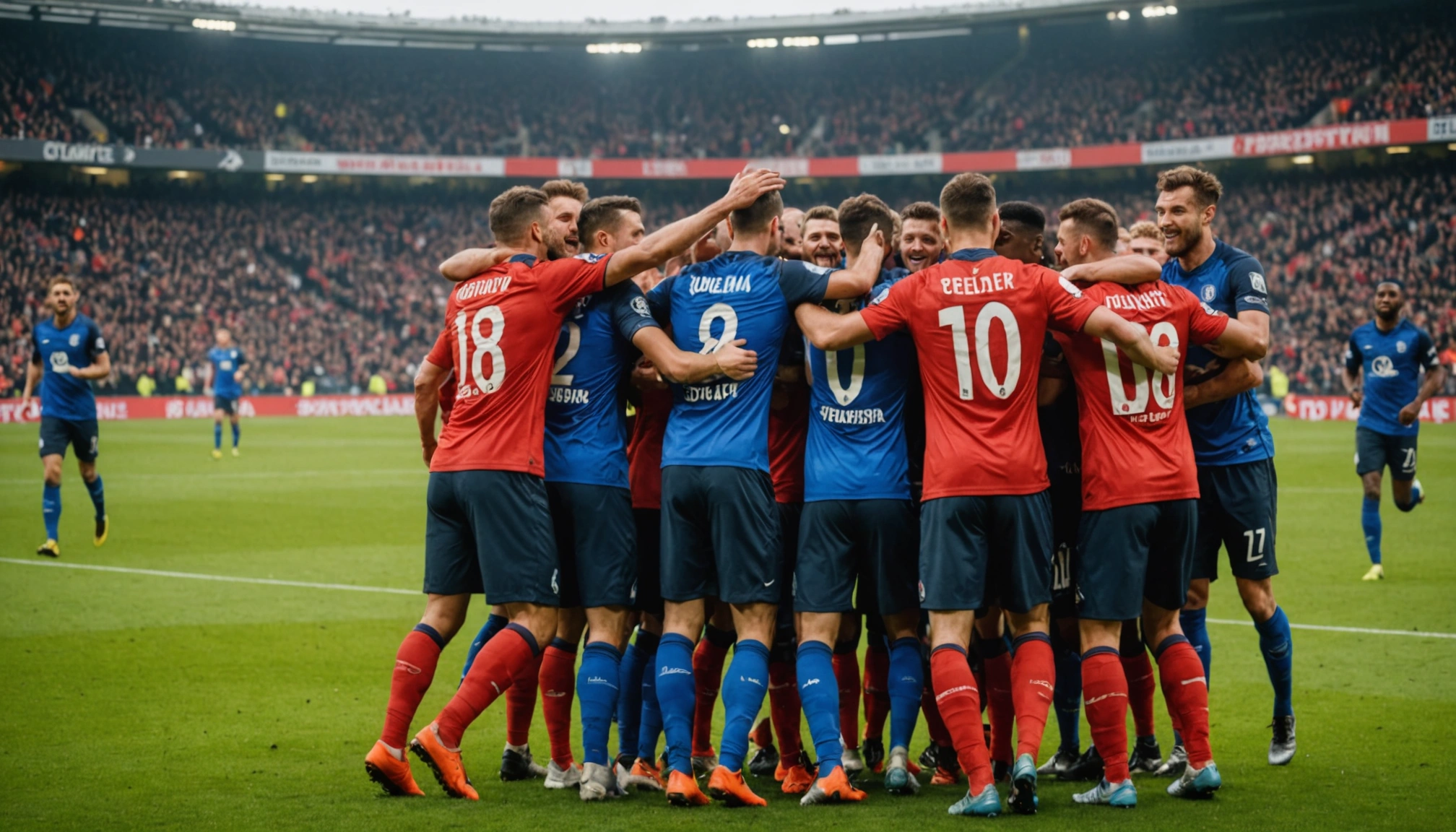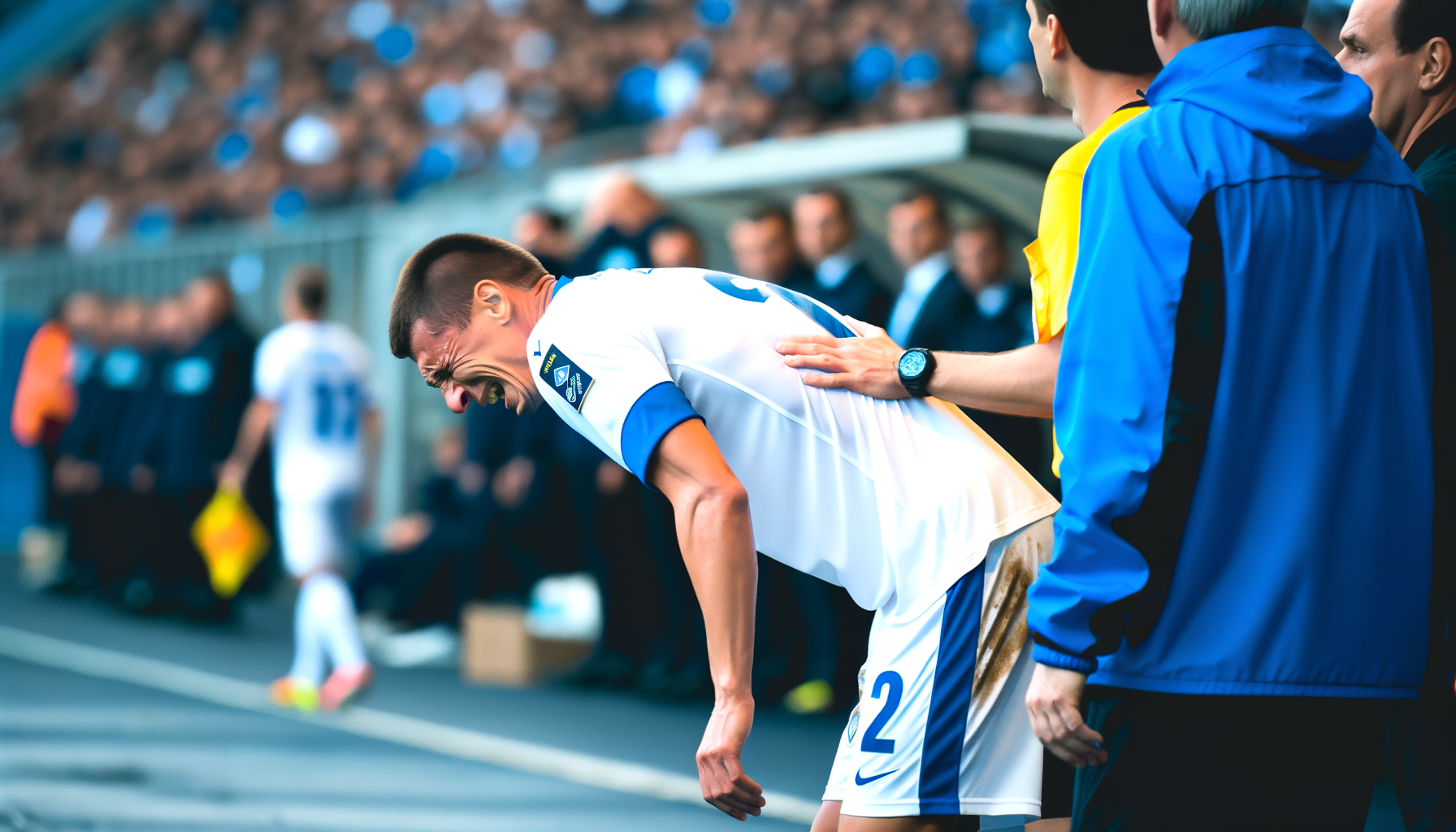Stuart Hogg: The biggest mistake of retiring to save his marriage
Stuart Hogg reveals retiring to save his marriage was his biggest mistake. Discover his journey back to rugby and mental health insights.

By Editorial
Introduction to Stuart Hogg's career and retirement
Stuart Hogg, one of Scotland’s finest rugby union players, shocked fans when he announced his retirement at just 31 years old in 2023. The former Scotland captain and three-time British and Irish Lions tourist cited physical wear and tear, but later revealed deeper personal reasons behind his decision. His candid admission that retiring to save his marriage was "the biggest mistake" of his life offers a rare glimpse into the mental health struggles elite athletes face.
Why Stuart Hogg retired: personal struggles behind the scenes
Hogg’s retirement came at a time when many expected him to compete in the Rugby World Cup. However, the pressure of balancing his professional and personal life weighed heavily on him. In a revealing interview, he disclosed he was "up to his eyeballs in anti-depressants" and used alcohol to cope with the turmoil in his marriage. This admission highlights the often unseen mental health battles athletes endure.
His decision to retire was driven by a desire to prioritise his family, but he confessed that stepping away from rugby left him questioning his identity. "At the time, I didn't know who I was," Hogg said. This struggle with self-worth and purpose is a common theme among athletes who retire early under personal pressures.
The impact of retirement on mental health and identity
The transition away from professional sports can be jarring. For Hogg, the loss of camaraderie, structure, and purpose intensified feelings of isolation. He described his state as "purely existing," which resonates with many who face mental health challenges post-retirement.
Research supports that athletes often experience depression and anxiety after retiring, especially when the decision is sudden or involuntary. Hogg’s journey underscores the importance of mental health support systems within professional sports. This is an area the Scottish Rugby Union and other organisations are increasingly focusing on to support current and former players.
Rehabilitation and redemption: Hogg's comeback story
After retiring, Hogg faced legal challenges, including a domestic abuse charge related to his ex-wife, for which he was sentenced to a community payback order. He has publicly acknowledged his mistakes and undergone rehabilitation, describing a "reset" in his life. This step reflects a commitment to personal growth and accountability.
A significant turning point was his participation in the Doddie Aid cycle ride charity event from Scotland to Rome. This experience reignited his sense of belonging and team spirit, essential elements that rugby had provided him. It was after this event that Hogg admitted to his father, "I've made the biggest mistake of my life" by retiring.
Returning to rugby: playing for Montpellier and new challenges
Hogg reversed his retirement and joined French club Montpellier last summer, marking a new chapter in his career. This move required court permission, as he had breached an order to avoid contact with his ex-wife, illustrating the complexities of his personal life intersecting with professional commitments.
At Montpellier, Hogg has found renewed respect and value from coaches and teammates, which has bolstered his self-esteem. However, the downside remains his limited time with his children and the hope that they might visit him in France. This personal sacrifice reflects the ongoing challenges athletes face balancing family life and career.
Lessons from Stuart Hogg's experience for athletes and fans
- Mental health awareness: Hogg’s story highlights the critical need for mental health resources for athletes, especially during transitions.
- The cost of early retirement: Decisions made under personal duress can have long-lasting consequences on identity and wellbeing.
- Importance of support networks: The role of family, teammates, and rehabilitation programmes can aid recovery and personal growth.
- Accountability and redemption: Owning up to mistakes and seeking help is vital for personal development.
Wider context: Mental health in professional sports
Hogg’s experience is not isolated. Across sports, athletes increasingly speak out about mental health challenges. For example, footballers like Isak and Wissa have sparked discussions on player wellbeing amidst transfer stresses.
The rugby community, too, is evolving, with organisations such as the Scottish Rugby Union investing in player welfare programmes. This shift is crucial for retaining talent and ensuring athletes can thrive both on and off the pitch.
Conclusion: Stuart Hogg’s ongoing journey and legacy
Stuart Hogg’s candid reflections serve as a valuable case study for the pressures professional athletes face. His journey from retirement, through personal challenges, to a renewed rugby career offers hope and lessons in resilience.
While he acknowledges he will never be the same player, Hogg has found peace and a new sense of purpose. His story reminds us that behind every sports headline is a human being navigating complex emotions and life choices.
For fans wanting to keep up with the latest sports stories and in-depth analysis, including football transfer news and beyond, visit Latest Football Gossip Transfers Targets And Contract Updates at SportsScoop.
Related topics
Editorial
Sports expert at SportsScoop
Specialist in sports analysis and journalism
Related articles
Want to read more?
Explore our comprehensive collection of sports articles and analysis, or contact us for more information.



